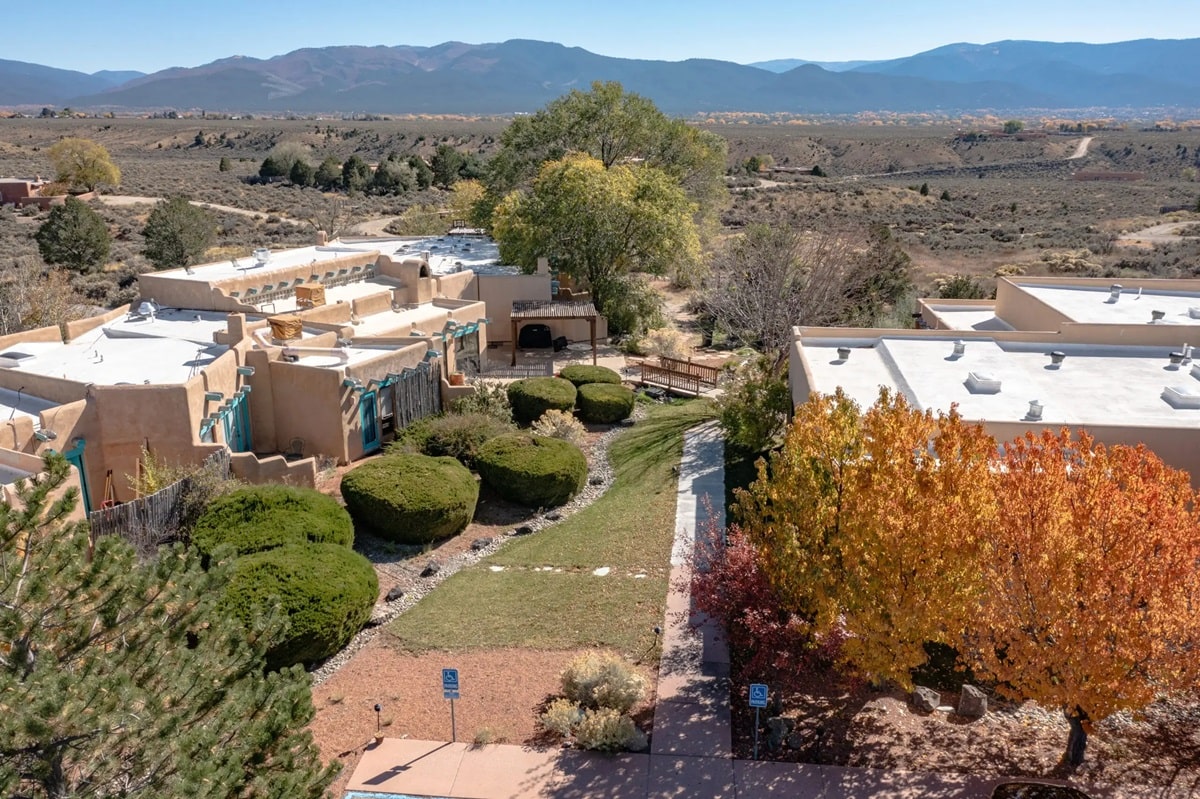12 Steps Programs: A Comprehensive Guide to Vista Taos Drug & Alcohol Addiction Treatment
Introduction to 12 Steps Programs
12 steps programs were developed in the 1930s to support recovery from drug, substance, and alcohol addiction. It has been further developed to also help patients with behavioral addictions and, sometimes, mental health conditions.

How Do 12 Steps Programs Work?
Although the 12 steps program is based on spiritual beliefs, the program is still helpful to non-religious individuals. Various support groups have embraced it as a means to guide individuals through a process of acceptance and transformation during recovery.
Addiction to drug and alcohol use poses a serious risk to physical and mental health. If left untreated, it may eventually lead to loss of life. About 28.3 million Americans currently have an alcohol use disorder. Also, over 70,000 deaths occur due to addiction and overdose in the US annually.1
The Core Principles of 12 Steps Programs
Acknowledgment of Powerlessness
Higher Power or Spiritual Connection
Turning One’s Will and Life Over to the Care of a Higher Power
Self-Reflection
Admitting to Ourselves and Others About Our Wrongdoings
Being Entirely Ready to Let Go of Negative Behaviors
Humbly Asking the Higher Power to Remove Our Shortcomings
Being Willing to Make Amends With Those We Have Hurt
Making Direct Amends to Individuals When Possible
Taking Personal Inventory and Promptly Admitting Wrong
Praying and Meditating to Improve Healing
This step encourages strengthening one’s connection with a higher power through meditation. This step is essential for maintaining emotional well-being and personal growth. We holistic care, such as meditation, at Vista Taos, as it helps cultivate a sense of mindfulness and serenity.
Helping Others with Addiction
How the 12-Steps Programs Have Evolved
- Narcotics Anonymous (NA)
- Alcoholics Anonymous (AA)
- Adult Children of Alcoholics (ACA)
- Cocaine Anonymous (CA)
- Heroin Anonymous (HA)
- Marijuana Anonymous (MA)
- Dual Diagnosis Anonymous (DDA)
- Gamblers Anonymous (GA)
How 12 Steps Programs Fosters a Sense of Community Among Individuals in Recovery
Structured Meetings
Open Sharing
Accountability
Altruism
How Adaptable Are 12 Steps Programs to Addiction?
Specialized Fellowships
Individual Interpretation of Higher Power
Personal Reflections and Amends
Potential Criticisms of 12 Steps Programs
Emphasis on Spirituality
Lack of Scientific Basis
One-Size-Fits-All Approach
Relapse and Failure
How Do 12 Steps Programs Complement Other Forms of Addiction Treatment?
- It provides a supportive community that can enhance other treatment methods
- It can serve as aftercare to help individuals maintain their progress and prevent relapse
- It complements structured treatment programs, such as therapy
- It addresses the emotional and psychological aspects of recovery
- It helps individuals develop coping skills and stress management techniques
Factors Individuals Should Consider When Choosing the Right Approach for Their Recovery
- Type of addiction
- Severity of addiction
- Other mental health conditions
- Personal beliefs and values
- Support network
- Personal goals
- Accessibility
- Financial consideration
- Sustainability
- Aftercare and continued support

How Can Vista Taos Renewal Center Help with Addiction Recovery and Support?
Our program provides a safe and supportive approach to treating addiction. We offer a holistic approach to healing and address the physical, emotional, and spiritual aspects of addiction.
What Do We Offer?
Get in Touch With Us
Contact us today to begin your healing journey. We will be with you every step of the way.
Ready to Renew Your Life and Well-Being?




